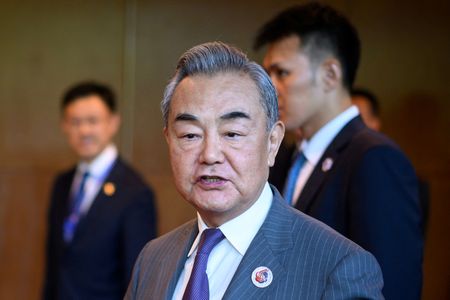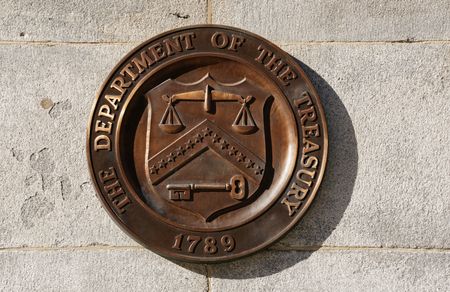By Tomo Uetake and Brigid Riley
TOKYO (Reuters) – Japan’s Dai-ichi Life is waiting until after the U.S. election to accelerate superlong-dated Japanese government bond (JGB) purchases, expecting yields will rise, the insurer’s chief investment officer said.
The life insurer also expects another Japanese interest rate hike in December.
Its plans underscore market participants’ reticence to buy Japanese bonds, which are expensive after a turbulent few weeks in Japan, as buyers see interest rates on the rise.
Thirty-year Japanese government bond yields are at 2.06%, but could trade as high as 2.5% next year if, as Dai-ichi Life expects, the Bank of Japan raises its short term policy rate target to 0.5% in December and again to 0.75% in the next fiscal year.
“We’re buying a little bit even at the current 2% levels, but we’re trying to delay as much as possible to wait for yields to rise,” Managing Executive Officer and Chief General Manager of Investment Kazuyuki Shigemoto told Reuters in an interview.
“We will accelerate domestic bond purchases around year-end, when uncertainties surrounding the U.S.
presidential election have been dispelled.”
Dai-ichi Life Insurance, part of Dai-ichi Life Holdings and Japan’s second largest private life insurer, buys superlong-dated assets to offset superlong-term liabilities.
Current 30-year yields are above the firm’s average liability costs of 1.8%, making the position profitable, but it forecasts 30-year yields hitting 2.3% by the end of March and so is buying only gradually.
Poor trading conditions in a market dominated by Japan’s central bank and heavyweight insurers means the firm can’t wait to buy bonds all at once when yields hit their peak.
However, U.S.
Treasury yields, and JGB yields in turn, should rise once a winner is decided in the U.S. presidential election in November, said Shigemoto.
Regardless of the outcome, markets will likely re-price the policy outlook once the election is over and investors may also sell bonds once the uncertainty of the U.S.
political leadership is resolved.
In foreign markets Dai-ichi sold foreign bonds as the yen approached 160 per dollar, in anticipation of a round of currency intervention by Japanese authorities, which has helped boost a supercharged yen rally over the past few weeks.
It continues to buy U.S.
and European corporate bonds and swap the income into yen with a currency swap to avoid risks from fluctuations in foreign exchange rates.
(Reporting by Tomo Uetake and Brigid Riley; Editing by Michael Perry)







